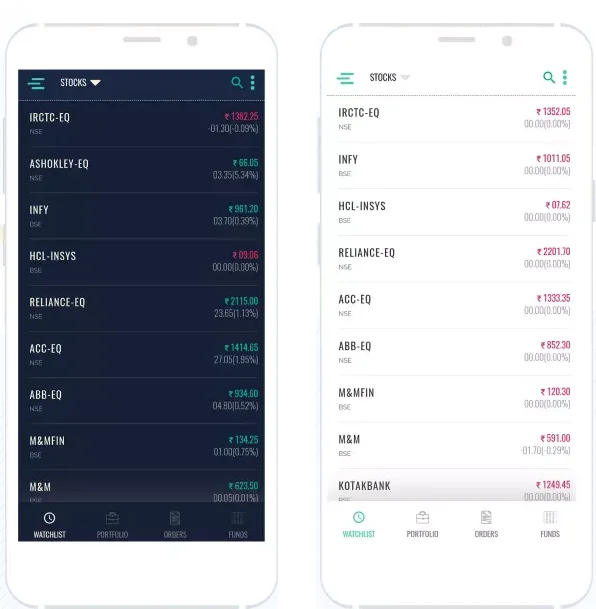About IPO
IPO or Initial Public Offering is a process by which a private company becomes public. A company becomes 'public' when it starts selling its shares in the market for the first time. Selling shares is like selling a portion of its stake to the investors for the company. There are two types of market.
- Primary Market
- Secondary Market
IPOs are launched in the primary market.
Why does a company launch an IPO?
Companies use the IPO route to generate fresh equity capital for the company to further its business.
Who can invest in IPO?
Investors are divided into three main categories:
1. Qualified institutional buyers (QIB)
QIB portion which comprises
- Mutual funds
- Domestic Financial Institutions: Banks, Financial Institutions and Insurance Companies
- Foreign Institutional Investors
- Others
2. Non-Institutional Investors
NIIs comprise
- Corporates
- Individuals other than retail investors
- Others
3. Retail Individual Investors
What Happens after the IPO period?
Once the IPO subscription period is over, the shares are listed on the exchanges after a couple of days. After the listing, the shares are traded freely in the market during market hours.
What is the Process of Investing in an IPO Online?
1. Choose the IPO That you Want to Invest in
We generally know the latest IPO calendar of a particular year beforehand. Investing in an IPO requires research as we may not have a lot of historical data on the performance, management and other crucial fundamental factors. This is when we compare that company to a listed company. Hence, determining the IPO that you want to invest in is an essential first step. Every company that launches an IPO, shares a prospectus with the public offering details about the company’s business and future plans. Go through this prospectus thoroughly and research the company before making a decision.
2. Open the Required Accounts
You need the following three accounts to invest in a new IPO and trade them in the secondary market eventually:
Demat Account: This is where you store your shares in an electronic form.
Bank Account: A bank account is required to fund your share market transactions. However, a bank account can come in handy to apply for an IPO as well. Almost all net-banking platforms have the facility to apply for IPOs through the Application Supported by Blocked Amount (ASBA) facility.
Trading Account: Trading account is used to buy and sell shares. You can open a trading account with Tradesmartw.
3: What happens after you apply for an IPO?
The process is a little different. When you apply for a company's IPO, regardless of any method of application, the aggregate amount gets blocked from your bank account. It will show up in your balance but will not be available for use. Once the allotment is finalised, if you have received the shares the amount will get debited from your account. If you have not received any shares in the IPO, the amount will be unblocked and will be available for use.
How to apply for IPO on TradeSmart?
Once you have done the preliminary process of registering on the Tradesmartw app, opening a demat-cum-trading account and KYC verification, applying for IPO is an easy process
Open your Tradesmartw App, scroll down on the stocks tab and click on the IPO section.
The next page will show a list of live IPOs, upcoming IPOs and IPOs that are already closed by now
Pick the live IPO you want to invest in
In the next page, mention the number of lots you want to apply for
- Here you will be asked for your UPI ID. After you complete the process on the UPI app, the money will get blocked from your account
- The status of your IPO application will show up next to your application number in the same section
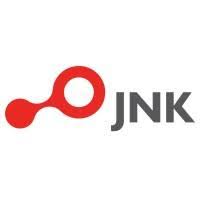 JNK India Ltd.
JNK India Ltd.
 Fonebox Retail Ltd.
Fonebox Retail Ltd.
 Macleods Pharmaceuticals Ltd.
Macleods Pharmaceuticals Ltd.
 Fincare Small Finance Bank Ltd.
Fincare Small Finance Bank Ltd.
 Aadhar Housing Finance Ltd.
Aadhar Housing Finance Ltd.
 Amrut Dredging And Shipping
Amrut Dredging And Shipping
 Kross Ltd.
Kross Ltd.
 Baazar Style Retail Ltd.
Baazar Style Retail Ltd.
 Hexagon Nutrition Ltd.
Hexagon Nutrition Ltd.
 SSBA Innovations Ltd.
SSBA Innovations Ltd.
 Rays Power Infra Ltd.
Rays Power Infra Ltd.
 Premier Energies Ltd.
Premier Energies Ltd.
 India Exposition Mart Ltd.
India Exposition Mart Ltd.
 Pristine Logistics & Infraprojects Ltd.
Pristine Logistics & Infraprojects Ltd.
 Akums Drugs & Pharmaceuticals Ltd.
Akums Drugs & Pharmaceuticals Ltd.
 Puranik Builders Ltd.
Puranik Builders Ltd.
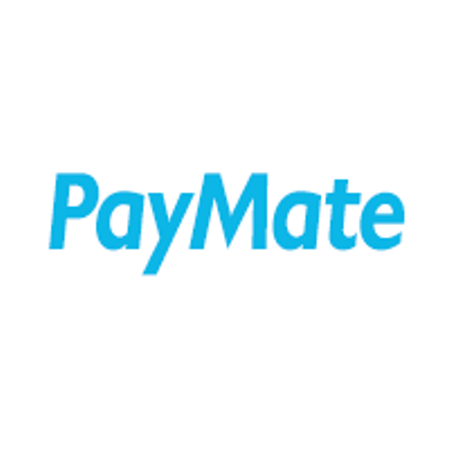 Paymate India Ltd.
Paymate India Ltd.
 Denta Water And Infra Solutions Ltd.
Denta Water And Infra Solutions Ltd.
 Interarch Building Products Ltd.
Interarch Building Products Ltd.
 TBO Tek Ltd.
TBO Tek Ltd.
 Balaji Speciality Chemicals Ltd.
Balaji Speciality Chemicals Ltd.
 Shree Tirupati Balajee Agro Trading Company Ltd
Shree Tirupati Balajee Agro Trading Company Ltd
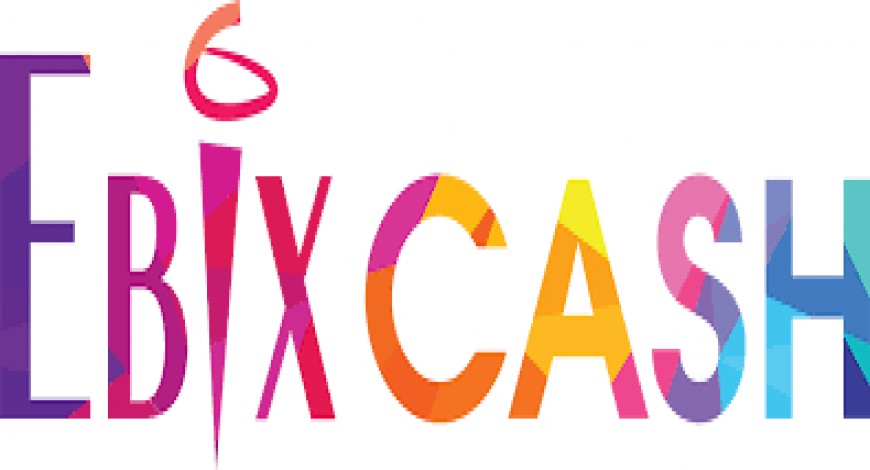 EbixCash Ltd.
EbixCash Ltd.
 Amrut Dredging And Shipping Ltd.
Amrut Dredging And Shipping Ltd.
 Le Travenues Technology Ltd.
Le Travenues Technology Ltd.
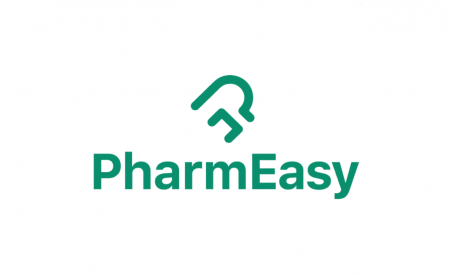 API Holdings Ltd.
API Holdings Ltd.
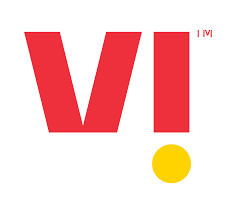 Vodafone Idea Ltd.
Vodafone Idea Ltd.
 Plaza Wires Ltd.
Plaza Wires Ltd.
 Sah Polymers Ltd.
Sah Polymers Ltd.
 Radiant Cash Management Services Ltd.
Radiant Cash Management Services Ltd.
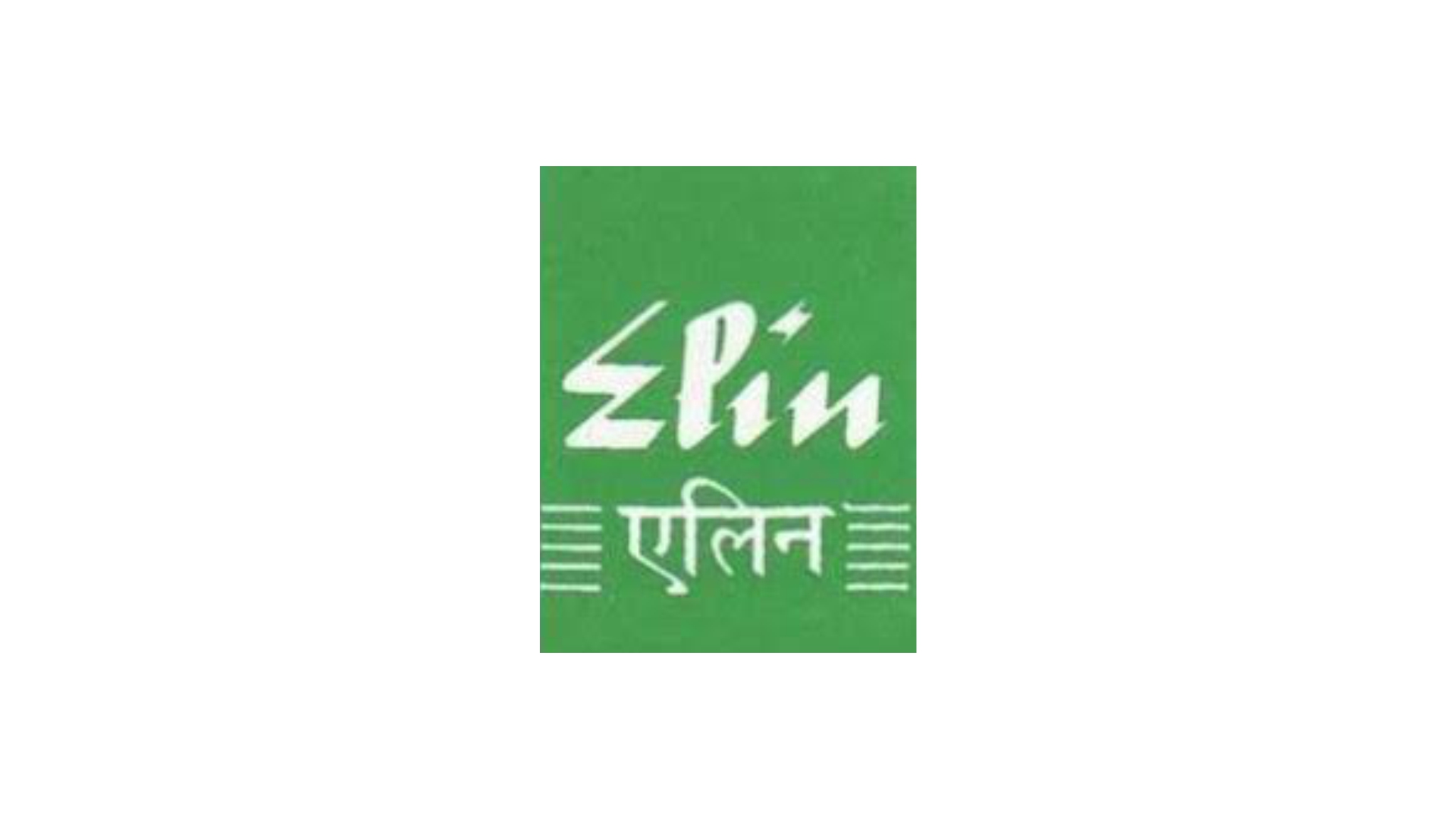 Elin Electronics Ltd.
Elin Electronics Ltd.
 Bharti Hexacom Ltd.
Bharti Hexacom Ltd.
 SRM Contractors Ltd.
SRM Contractors Ltd.
 Omfurn India Ltd.
Omfurn India Ltd.
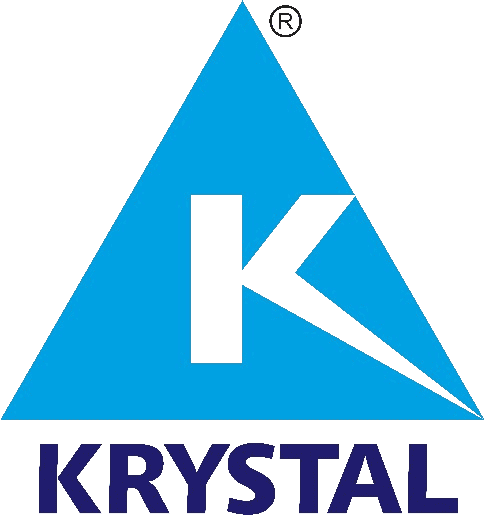 Krystal Integrated Services Ltd
Krystal Integrated Services Ltd
 Popular Vehicles & Services Ltd.
Popular Vehicles & Services Ltd.
 Gopal Snacks Ltd.
Gopal Snacks Ltd.
 JG Chemicals Ltd.
JG Chemicals Ltd.
 RK Swamy Ltd.
RK Swamy Ltd.
 Bharat Highways InvIT
Bharat Highways InvIT
 Mukka Proteins Ltd.
Mukka Proteins Ltd.
 Platinum Industries Ltd.
Platinum Industries Ltd.
 Exicom Tele-Systems Ltd.
Exicom Tele-Systems Ltd.
 GPT Healthcare Ltd.
GPT Healthcare Ltd.
 Juniper Hotels Ltd.
Juniper Hotels Ltd.
 Vibhor Steel Tubes Ltd.
Vibhor Steel Tubes Ltd.
 Entero Healthcare Solutions Ltd.
Entero Healthcare Solutions Ltd.
 Rashi Peripherals Ltd.
Rashi Peripherals Ltd.
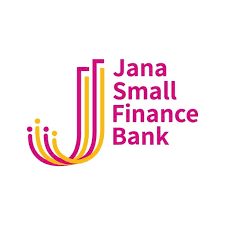 Jana Small Finance Bank Ltd.
Jana Small Finance Bank Ltd.
 Capital Small Finance Bank Ltd.
Capital Small Finance Bank Ltd.
 Apeejay Surrendra Park Hotels Ltd.
Apeejay Surrendra Park Hotels Ltd.
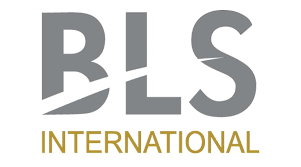 BLS E-Services Ltd.
BLS E-Services Ltd.
 Nova Agritech Ltd.
Nova Agritech Ltd.
 EPACK Durable Ltd.
EPACK Durable Ltd.
 Fabino Life Sciences Ltd.
Fabino Life Sciences Ltd.
 Ascensive Educare Ltd.
Ascensive Educare Ltd.
